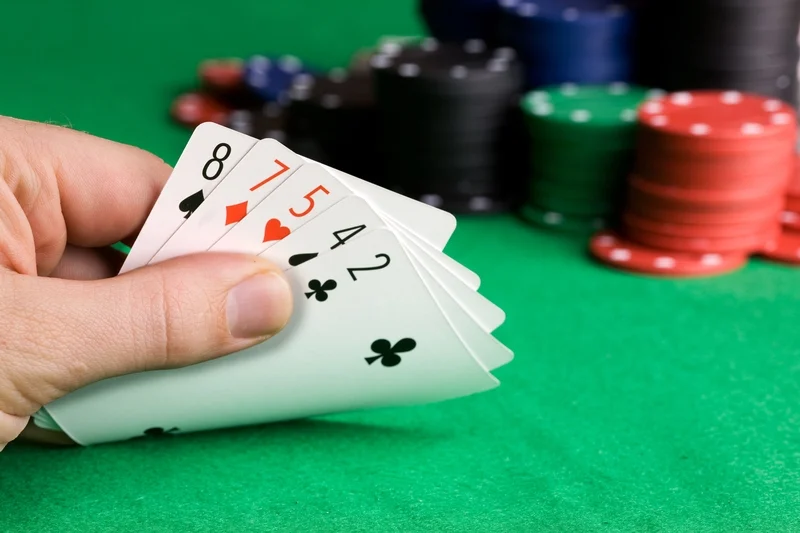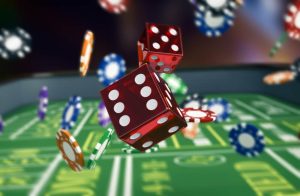
Mastering the Art of Bluffing and Tournaments
From amateur to master poker player is an evolving journey requiring skill and strategy. Understanding hand analysis requires understanding complex probabilities as well as knowing how to read tells.
Integrating advanced concepts into one’s gameplay increases profit potential and enhances game play, as well as improving decision-making abilities and emotional intelligence, leading to better adaptation to real life challenges.
Hand rankings
Poker is an intricate game requiring both strategic skill and chance, yet requires concentration to succeed. Being successful at this card game means knowing both its fundamental rules and hand rankings for maximum enjoyment.
Understanding the numerical value of poker hands will enable you to accurately analyze pot odds and discern your opponent’s betting patterns, helping increase your win rate by taking calculated risks with weaker hands while taking full advantage of strong ones when possible.
Consider your opponent and other players when assessing the strength of a poker hand, as this can help determine whether to increase bets and fold more often – maximizing your chances of long-term success in poker.
Betting intervals
Poker is a game of strategy and timing, and the best players know when it’s best to call or fold. A well-considered strategy can help maximize wins while minimizing losses; employing this tactic will increase wins while decreasing losses; it is key for your success whether playing small stakes games on GG Poker or competing in major tournaments.
Betting intervals in Poker are timed sequences of bets that start with the player to the left of the dealer and end when their turn to act has come around again. When their turn comes, either they can check or bet, with other players being free to call his bet or raise it accordingly. While Poker requires both skill and luck in equal measures, learning the rules and betting intervals before you begin is essential if you want a successful experience.
Identification of Tells in Poker is crucial to successful bluffing, and even experienced players must continue honing their observational skills and altering their behavior to remain successful bluffers. Over time this subtle understanding will develop with practiced experience.
Limits
Poker’s psychological aspect transcends its cards dealt, requiring advanced players to adeptly read and manipulate opponents. This involves carefully monitoring behavioral cues, betting patterns and table images for hidden narratives – using these insights to steer opponent decisions toward optimal outcomes can allow you to master bluffing strategies.
Poker is an art that constantly demands improvement, even when not actively at the tables. Reading literature and participating in discussion forums expose players to new strategies; while analyzing hand histories sharpen decision making skills and highlight weaknesses. Other essential skills for successful play include reading tells, managing bankroll appropriately and exploiting opponents’ weak spots.
Not only should your range and style be balanced, it is also vital that they vary in order to keep opponents guessing. This means incorporating semi-bluffs as part of your strategy in order to maximize expected value (EV). Finally, master reading opponent hands is key!
Bluffing
Bluffing is an integral component of poker that allows players to deceive opponents and increase their odds of victory. To be effective at this artform, however, one should avoid becoming an overly frequent or habitual bluffer; otherwise opponents are likely to call your bluff. Instead, successful poker players balance their range by using different strategies in their play such as spreading out strong hands more frequently while using bluffs as part of a varied play style to keep opponents guessing and keep the opponent guessing!
Poker players looking for success should learn not only to bluff but also to read tells and calculate pot odds – these advanced strategies can give them an edge against opponents, increasing their odds of victory! Bluffing can also boost psychological traits like resilience and confidence – it requires practice to master this valuable skill that promotes neural plasticity in the brain, helping individuals solve issues faster.


